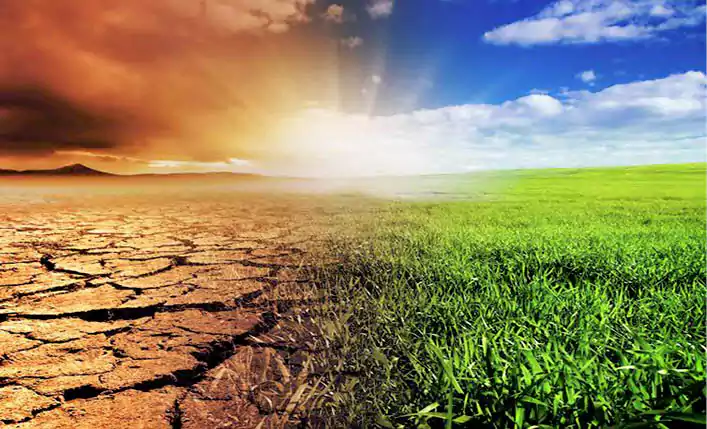Zubair Qureshi
Carbon markets will play a leading role in driving Pakistan’s climate action, however, addressing regulatory challenges, building capacity, and stakeholder consensus would be the key.
This was one of the key message from the consultative workshop on “Unlocking the potential of carbon markets in Khyber Pakhtun khwa: Opportunities and regulatory need assessment” that was conducted at Khyber Pakhtun khwa Planning and Development Department under a joint project of Sustainable Development Policy Institute (SDPI) and Embassy of Denmark in Pakistan.
 Ambassador of Denmark Jakob Linulf while highlighting the significant role of carbon markets said climate change was the mother of all crises.
Ambassador of Denmark Jakob Linulf while highlighting the significant role of carbon markets said climate change was the mother of all crises.
It is worsening the world, and if we don’t take action, the coming generations will face severe crises. He stressed the significant role that is to be played by the federal and provincial government departments. While highlighting the role of Khyber Pakhtunkhwa government, he appreciated the government’s efforts around climate action and held that it further needed to create awareness on how to make the best use of its natural resources. Pakistan needs to transform its economy, and carbon trading could be a source of project financing.
ImtiazHussain Shah, Additional Chief Secretary Planning and Development Department mentioned that Khyber Pakhtunkhwa is actively seeking opportunities within carbon markets to support our development objectives while mitigating greenhouse gas emissions. “Our commitment to sustainable development remains steadfast, recognizing the pivotal role that carbon markets can play in achieving this vision,” he said.
He further highlighted that through concerted efforts, we are dedicated to creating an enabling environment for carbon market development, ensuring a sustainable future for generations to come. By harnessing the potential of carbon markets, we aim to drive economic growth, reduce poverty, and build a more resilient Khyber Pakhtunkhwa”.
Dr. Vaqar Ahmed, Joint Executive Director at SDPI said that the country needed “foreign exchange”, and the carbon market is one of the low hanging fruits through which it can implement and bring the foreign currency into Pakistan. He further mentioned that with introduction of global initiatives, such as Mrs. Sarah Rehman, Chief International Development Section at P&DD mentioned that In Pakistan, the reality of climate change is not just a topic of discussion; it’s a stark reality evident in recent floods, health concerns, food insecurity, and impacts on tourism.
Engr. UbaidurRehman Zia, Head of Energy Unit at SDPI highlighted various challenges that currently exist for efficient carbon markets in Pakistan.
Dr. Khalid Waleed, Research Fellow was of the view that Pakistan’s vulnerable economy needed to couple its economic growth with environmental sustainability.
Ms. ZainabNaeem, Associate Research Fellow at SDPI and SalehaQureshi, Lead of the Pakistan Industrial Decarbonization Program at SDPI also underscored the urgent need for Pakistan to establish a unified carbon market, drawing on lessons from Canada’s fragmented approach.










